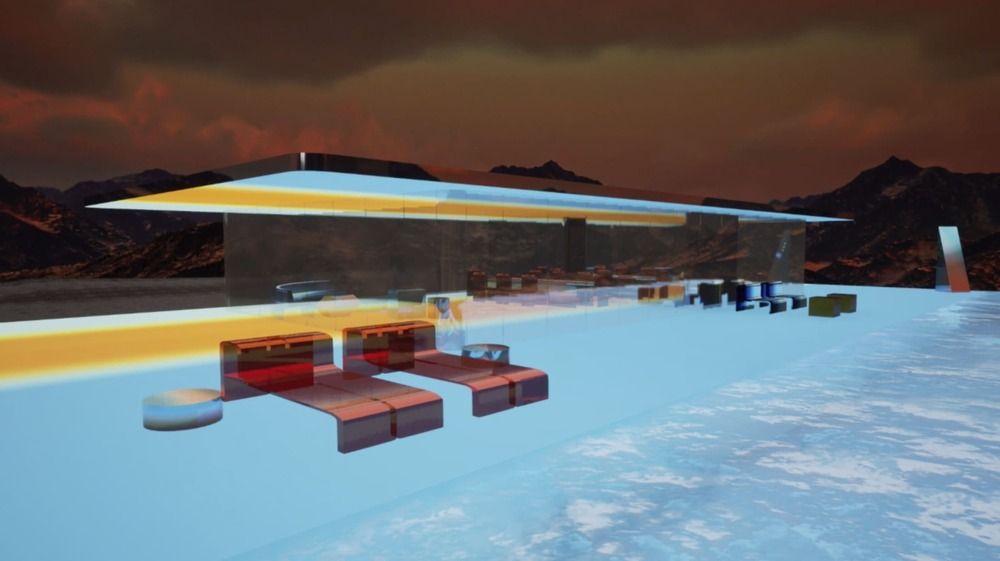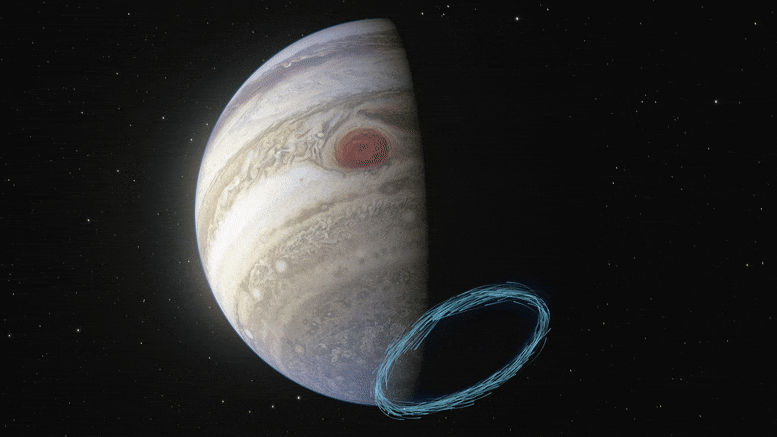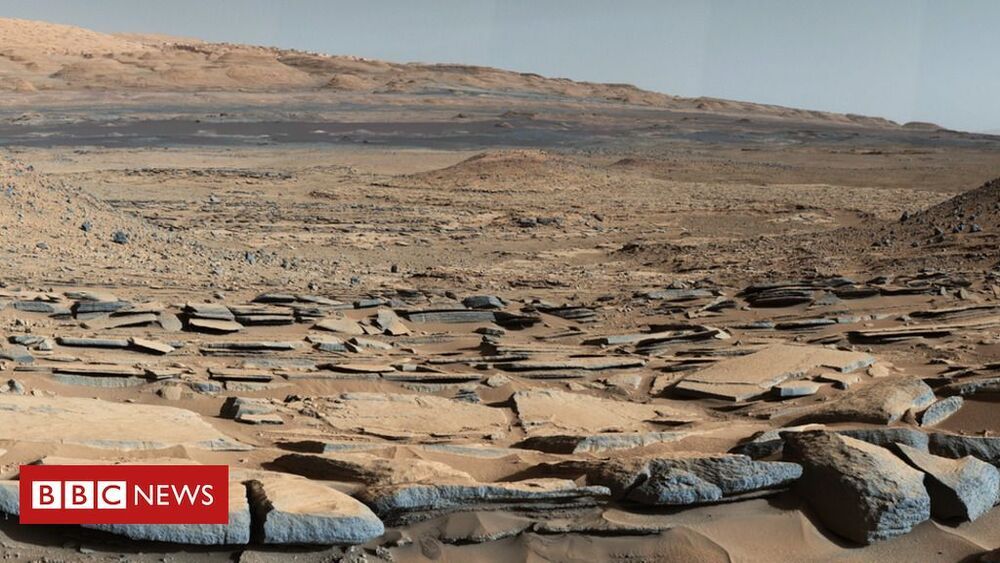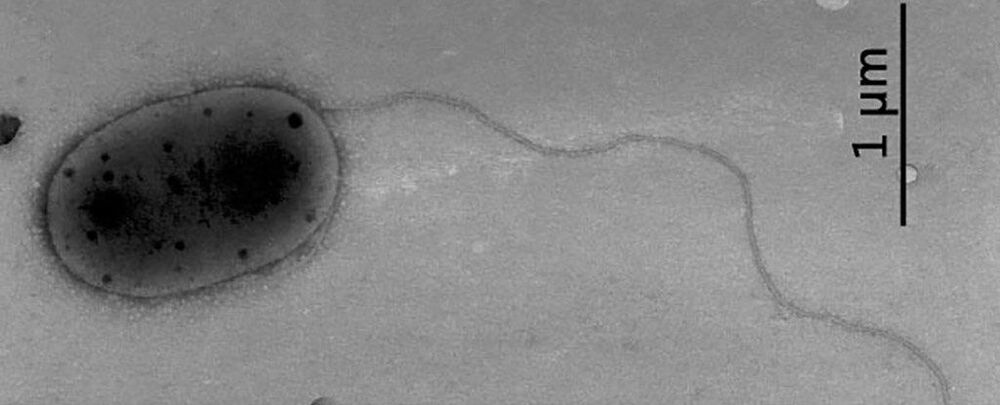7 Feb 2021
ISEC has great hopes for this new year. We have two studies coming to their conclusions, a Baseline Architecture, our conference is scheduled (25÷6 May), and we intend to participate in several others. Our current plans include working with potential sponsors as we present an aggressive program to the space community saying we are here and ready to help your vision. So, I thought I would give you a quick philosophical look at where I think we are and where we need to go. (background body of knowledge at www.isec.org)
Pete’s View of the Space Elevator Adventure: I have been in three mega-projects in space…I was in at the beginning of each; as such, here are my thoughts on success in Mega-Projects.





